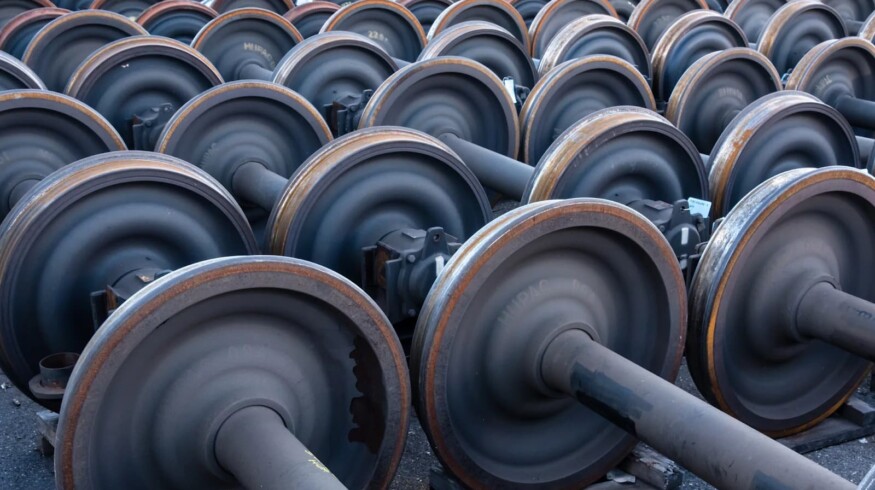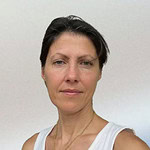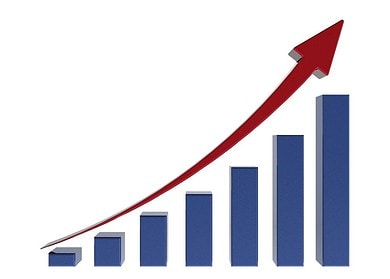Artificial scarcity for Russian agricultural chemists

Spring sowing works are about to start in Russia, and agricultural organizations and farmers are actively preparing for the planting season and purchase everything they need, including mineral fertilizers. In the coming months, the volume of railway transportation of fertilizers will go up – domestic manufacturers are gradually increasing their shipments using their own fleets of freight cars.
Meanwhile, there is a risk of disruptions to the supply of agrochemicals as the problem with solid-rolled wheels for cars is still unsolved: fertilizer producers suffer from constant rises in the wheel cost, which further results in an increase in their manufacturing and marketing costs. At the same time, in an effort to support farmers, agrochemical producers do not raise prices for mineral fertilizers, thereby reducing their own profitability.
According to the Russian Fertilizer Producers Association (RFPA), since October 2018, solid-rolled wheels have gone up from 36 to 108 thousand rubles a piece (58 cents to $ 1.62 respectively). The price growth rate by 2-3 times outstrips all industry indices calculated by the Federal State Statistics Service.
In addition, as far back as 2017, several RFPA members met with a refusal of the Vyksa Steel Works (VSW) (part of OMK company (United Metallurgical Company)), to enter into long-term contracts for the supply of wheels. Therefore, they have to purchase them either from resellers, or at tenders at inflated prices.
Again, the high cost of the wheels affects the cost of the purchased or repaired wheelset (the main drive unit of cars), even if its axle is old (a similar system was called “old axle, new wheels”, or OANW). Between February 2019 and January 2020, the purchase price of one OANW increased from 221 to 257 thousand rubles (excluding VAT) (from $ 3,565 to $ 4,145), while overhaul is from 153 to 198 thousand rubles (from $ 2,468 to $ 3,194) (for comparison, in January 2018, it cost 74 thousand rubles, i.e. approximately $ 1,194).
The situation continues to this very day, causing considerable inconvenience to Russian chemical companies, which are finding it increasingly difficult to hold down their own prices for mineral fertilizers.
In Russia, solid-rolled wheels for railway cars are only produced by VSW and Evraz NTMK (part of Evraz). In 2019, VSW increased their production by 11% to 951 thousand units. It is unknown how many were made by Evraz NTMK: the owner of Evraz does not publish this information.
Certain quantities of wheels are sold to the Russian market by the Ukrainian company Interpipe and Kazakh Prommashkomplekt, as well as supplied by Chinese companies Taiyuan Heavy Industry and MA Steel Wheel. This invalidates the government’s policy of import phase-out meant to minimize the dependence of industry on foreign products.
In all fairness, it’s worth noting that in 2018, Evraz NTMK began expanding the wheel-and-band workshop, its capacity will grow by 78 thousand units per year (and there are plans to build a new workshop for 200 thousand units). VSW also seemed to have planned to modernize the wheel production with the prospect of output growth. But reportedly the first project will be completed in 2021, the second in 2023.
Russian chemical companies cannot wait long, and they should not. The available capacities are sufficient to satisfy their needs for wheels. Nevertheless, VSW persistently does not conclude long-term contracts to sell wheels to them, the prices for wheels are not going down. Back in 2018, the Federal Antimonopoly Service (FAS) was considering a case regarding high prices for wheels, but for a reason it did not involve the consumers. As a result, the FAS found no signs of violation of antitrust laws.
The producers of mineral fertilizers could not accept the state of things, and in August 2019, the RFPA sent an request to Igor Artemyev, Head of the FAS, to take control of the situation with the cases brought up by his department on the rise in prices and the shortage in the market of solid-rolled wheels.
The FAS examined the submitted materials and concluded in mid-February that VSW’s actions for the period from May 2019 are qualified as a violation of paragraph 1 of Part 1 of Article 10 of the Law on Protection of Competition, which prohibits establishing and maintaining monopolistically high price for goods. But the shortage of wheels is still far from being eliminated completely, and chemical companies have to incur considerable financial losses from their high cost.
Fertilizer Daily has sent inquiring e-mails to the OMK press center and its strategic communications director Pavel Taran, as well as to the press service of Evraz and its director for external and internal communications, Maria Starovoit to get the objective coverage of the situation. Unfortunately, no comments have been received from them.
Enjoyed this story?
Every Monday, our subscribers get their hands on a digest of the most trending agriculture news. You can join them too!
















Discussion0 comments